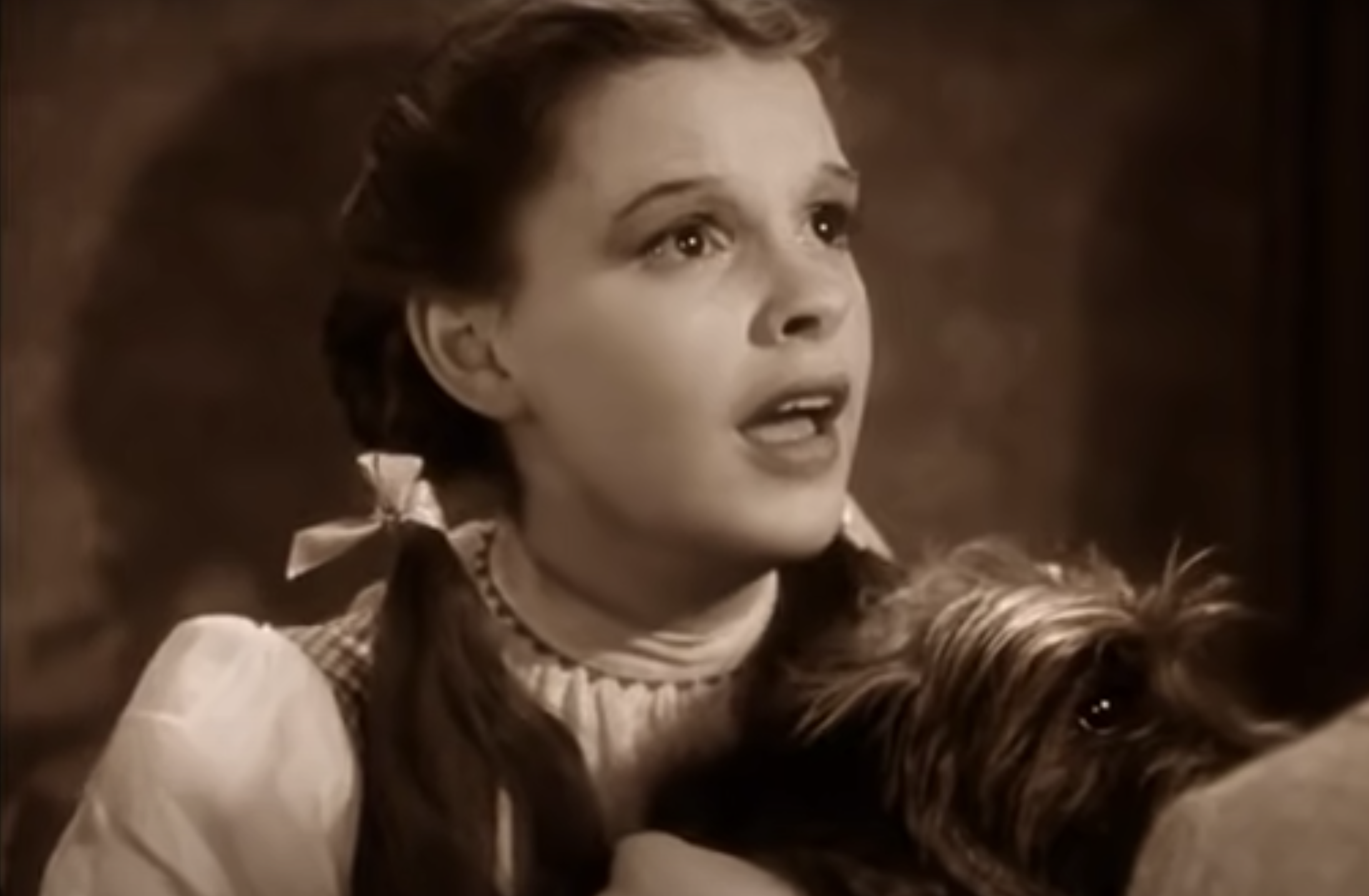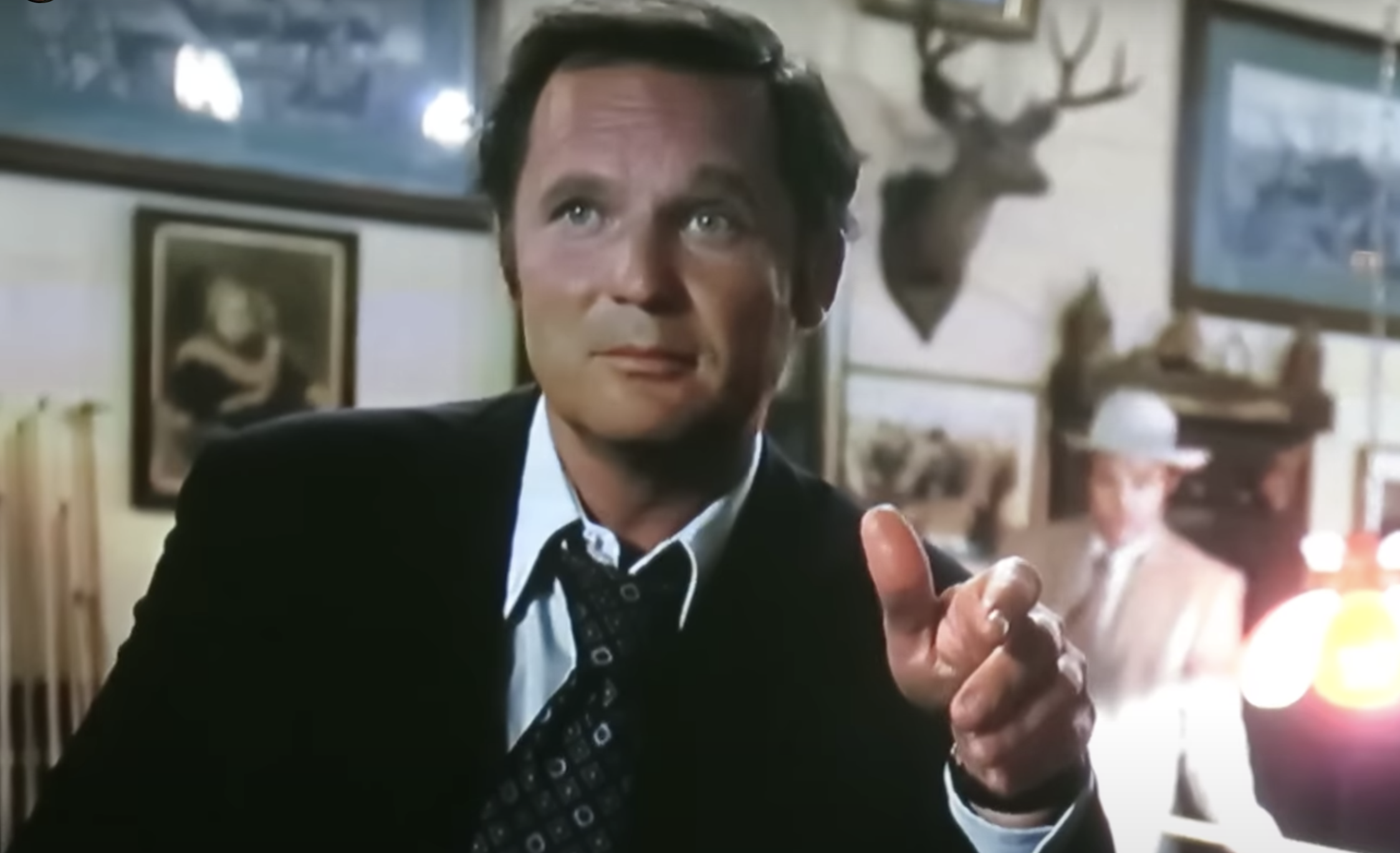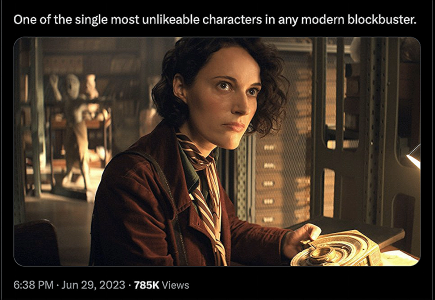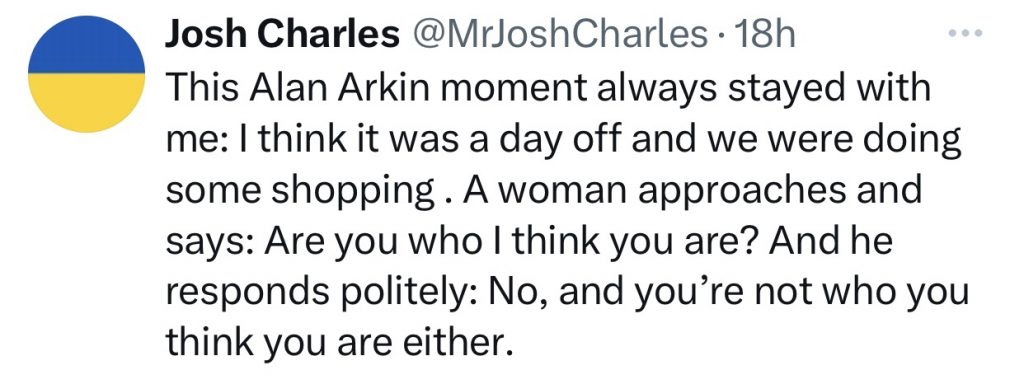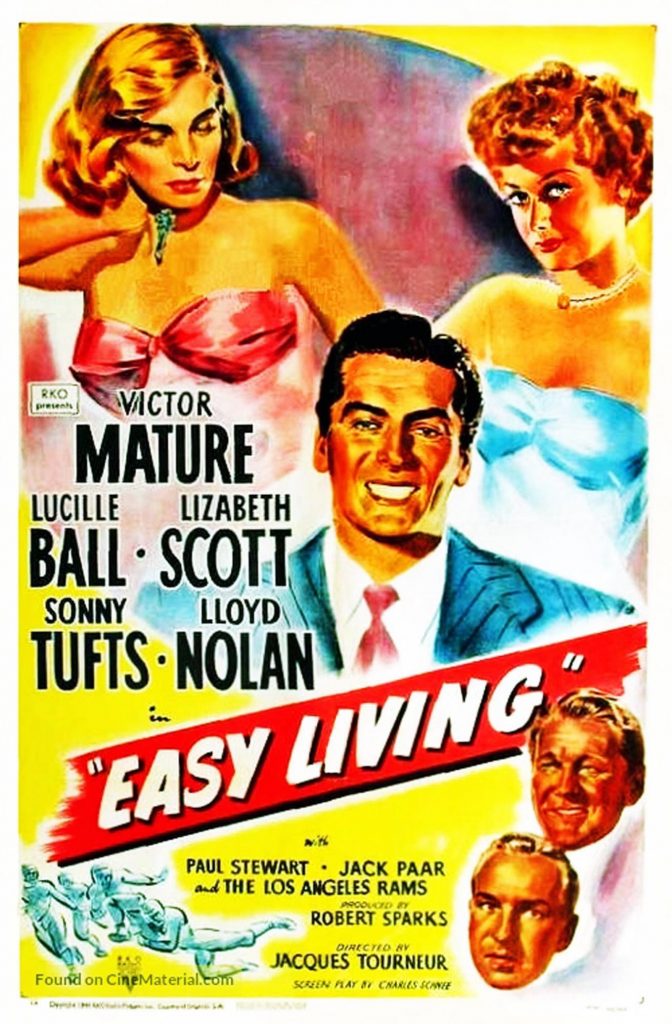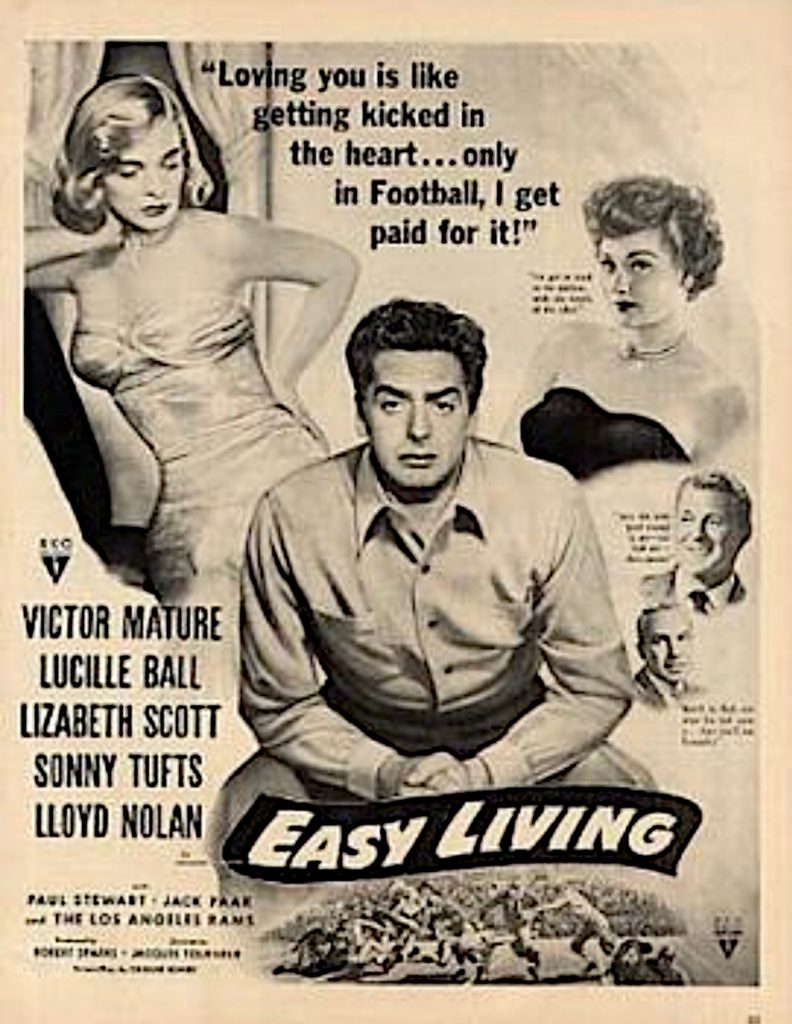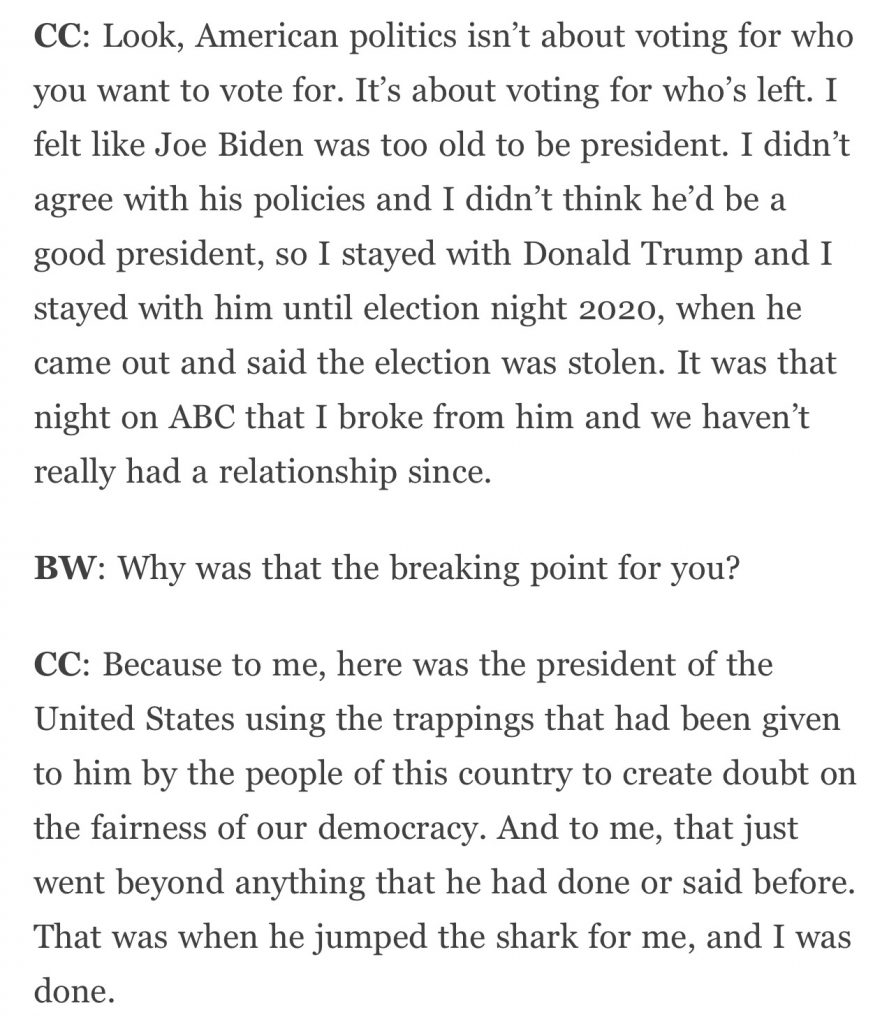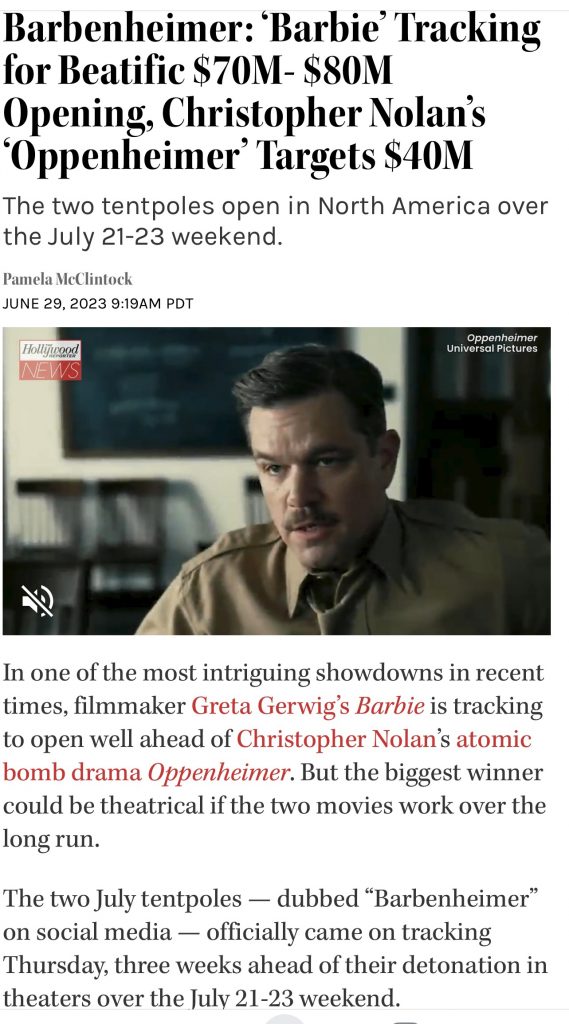Who remembers Who Is Killing the Great Chefs of Europe? A trifle, 45 years ago, barely recalled but a catchy title. Right now it’s nonsensically coming to mind because the burning question of the moment is “who or what is behind the departures of all those DEI (diversity, equity, inclusion) executives?”
Four have ankled over the last ten days or so, and three since last Wednesday.
Disney’s chief diversity officer and senior vp Latondra Newton, hired in 2017, exited on 6.20 to pursue “other endeavors.” A symbolic beheading over the somewhat disappointing returns on Disney’s The Little Mermaid (especially in China and South Korea), which could arguably be blamed on the casting of Halle Bailey? Or is that a reach?
Eight days later (6.28) the ankling of Vernā Myers, Netflix’s chief of inclusion strategy since 2018, was announced. She’ll apparently remain as an advisor to Netflix as she focuses her attention on her consulting company, The Vernā Myers Company.
Two more diversity execs flew or otherwise exited the coop on Friday, 6.30. Karen Horne, Warner Bros. Discovery’s SVP of diversity, equity and inclusion since March 2020, was laid off, and the contributions of Jeanell English, EVP of Impact and Inclusion with the Academy of Motion Picture Arts and Sciences since July 2022, came to a sudden and mysterious end.
You can call this activity a coincidence and maybe it is, but if this was a thriller of some sort you’d be saying to yourself “something seems to be up.” A case for a latter-day Hercule Poirot a la Clayton Davis with a long pointy moustache?


